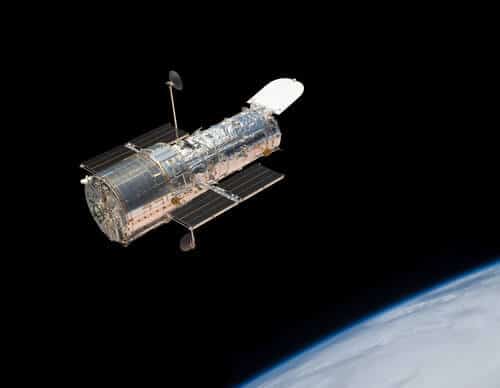
The space age has brought a lot of new technology to the planet Earth that we now use commonly every day.
Outer space is full of dangers that astronauts must trust in technology to overcome. As it stands right now though, astronauts remain vulnerable to the many of the dangers of outer space. Traveling in space for extended periods of time causes the human body to change; for instance, bones lose minerals and muscles begin to atrophy. Evidence even suggests that long duration’s of spaceflight can also have an effect on astronauts’ ocular health and brain health.
Ocular Changes
Not long ago NASA conducted a survey on returning astronauts’ vision and what was discovered raised concerns regarding astronaut ocular health. 300 astronauts were selected to partake in the survey and nearly 23 percent of short-flight and 49 percent of long-flight astronauts had problems with nearsightedness and farsightedness during their space missions. Many of those affected by vision problems in space continued to have issues longer after their return to Earth.
Another survey conducted in 2013, helped researchers determine that astronauts may suffer major changes in their eye structure and gene expression in as little as two weeks of travel in space. It is theorized that the high-energy radiation from the sun and low-gravity conditions of outer space, create oxidative stress in the retina.
A NASA-sponsored study found that seven astronauts who spent six months or longer in space all had vision and eye anatomy irregularities. These changes include flattening of the back of the eyeball and changes in the retina and optic nerve.
Other studies conducted by NASA on astronauts who had long-term exposure to outer space in missions six months or longer found that all of them suffered from vision and eye anatomy irregularities. Doctors found that these astronauts suffered from a multitude of vision problems including: flattening of the back of the eyeball, folding of the choroid (vascular tissue behind the retina), excess fluid around and presumed swelling of the optic nerve, or some combination of these ailments.
The Future of Space Flight
Being an astronaut requires a lot of attention to detail and the ability to function with precision, making your ability to see clearly very important. Having an astronauts vision deteriorate after only two weeks in space is incredibly detrimental to not only their health, but their capabilities to perform routine mission tasks precisely. With the goal of having astronauts on Mars in the next 10 years, these issues with vision deterioration will need to be addressed if astronauts are to function at optimal levels and return home with healthy vision.



